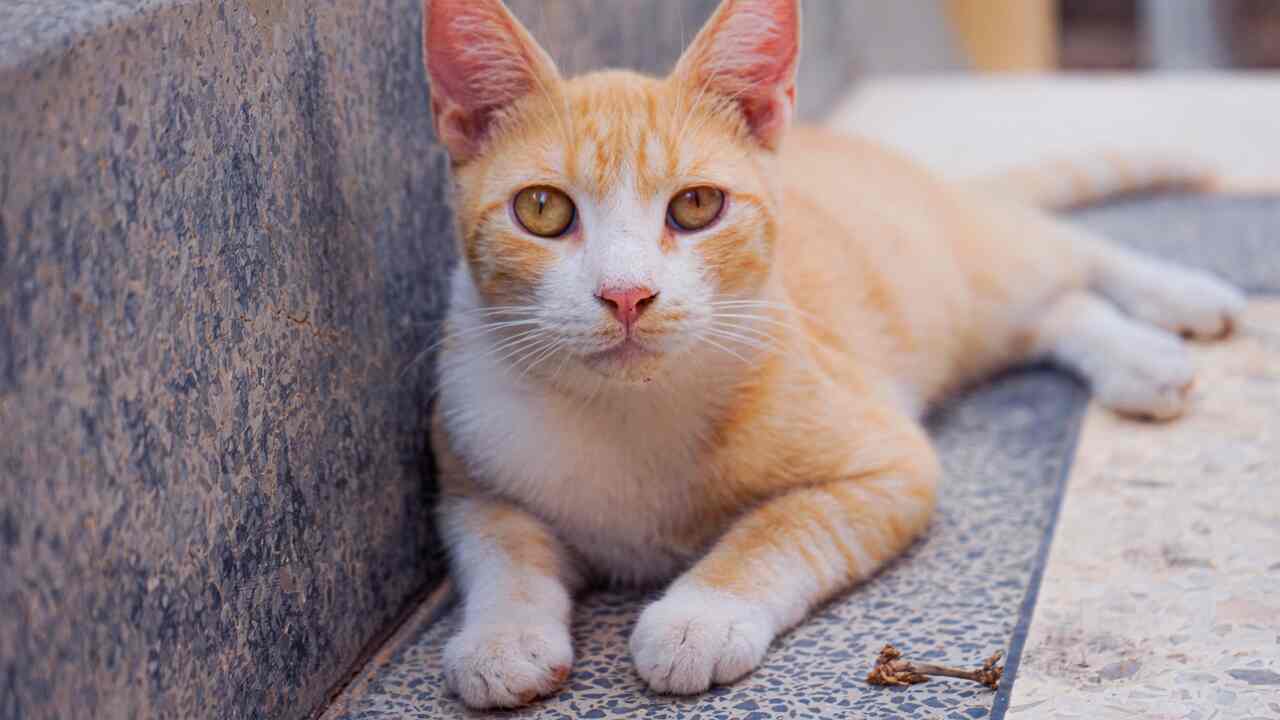
Ever wondered just how intelligent cats are? When we talk about animal intelligence, we often hear about dogs, pigs, and dolphins, but rarely do we consider cats.
+ 5 signs your dog is feeling sad or lonely
+ Optical illusion: Can you find the real dog in this image in 15 seconds?
+ Hilarious video: you will never see a dog as excited for dinner as this one
Although they are not studied as intensively as some other species in terms of intelligence, if you’re interested in what goes on behind the eyes of your furry friend, read on:
Understanding Cat’s Cognitive Abilities
One of the most surprising aspects of cat intelligence is how closely it’s linked to human intelligence.
This isn’t to say that cats and humans have the same level of intelligence or use it in the same way. Instead, similarities arise when considering the structure and actual processes of the brain in relation to cognition.
The cerebral cortex, or the gray matter, is the outermost layer of the brain. It’s the part of the brain responsible for decision-making, planning, and perception.
In humans, the cerebral cortex contains up to 26 billion neurons. In cats, the cerebral cortex has about 300 million neurons.
Though this may seem like a huge difference, most scientists believe that cat intelligence is close to the intelligence of a child, specifically a two-year-old.
What is most akin to humans and impressive about cat intelligence is their use of memory. Studies have shown that cats not only have the ability to recall memories but also use that information in everyday life.
They are known to retain their memories for up to a decade and can learn merely through observation. That means if your cat sees you turn on a light and they have access to it, they may start to mimic this behavior.
Problem-Solving Skills
Experts compare cat intelligence to the intelligence of a small child, most evident in their problem-solving abilities. Like small children, cats learn from their mistakes. They will try to perform a new task many times until they achieve the expected results.
When it comes to human behaviors, such as turning on or off a light, they usually first observe how we behave. They then mimic our behaviors, adjusting each attempt until they achieve success.
For cats, problem-solving and puzzles are practical tasks. Observation and imitation are just a step in their process. With that in mind, their tendencies to trial and error allow them to be the great problem solvers that they are.
Want to Test Your Cat’s Intelligence?
Let’s say you give your cat a fairly simple puzzle, like a container they need to open to get a treat. To help, you will first show them how to open the toy and show them that the treat is inside.
Your cat will take the information they observed from you and mimic how you opened the container. If they don’t succeed initially, they will, however, continue to work independently until they open the toy and get the reward.
Cat’s Ability to Acquire and Retain Information
A cat’s memory can be interesting. This is because, although they have long-term memories and even lifetime memories, their short-term memory can be a bit irregular.
For example, if you show a cat a toy and then hide it, they may only remember for a few minutes that the toy is hidden there.
However, cats can also form long-term relationships (both positive and negative) and have shown that they respond to stimuli, such as sounds, in adult life similar to how they reacted when they were kittens.
Most researchers stress the type and significance of emotions. Cats can process and retain traumatic memories for a lifetime, and they can remember exceptionally positive moments.
In conclusion, like in humans, a cat’s memory largely depends on the cat itself. But what they are able to remember, they actively use in their life.
For example, do you remember the puzzle example from above? If you hide that toy and reintroduce it after some time, there is a good chance that your cat will remember the steps to open it.

